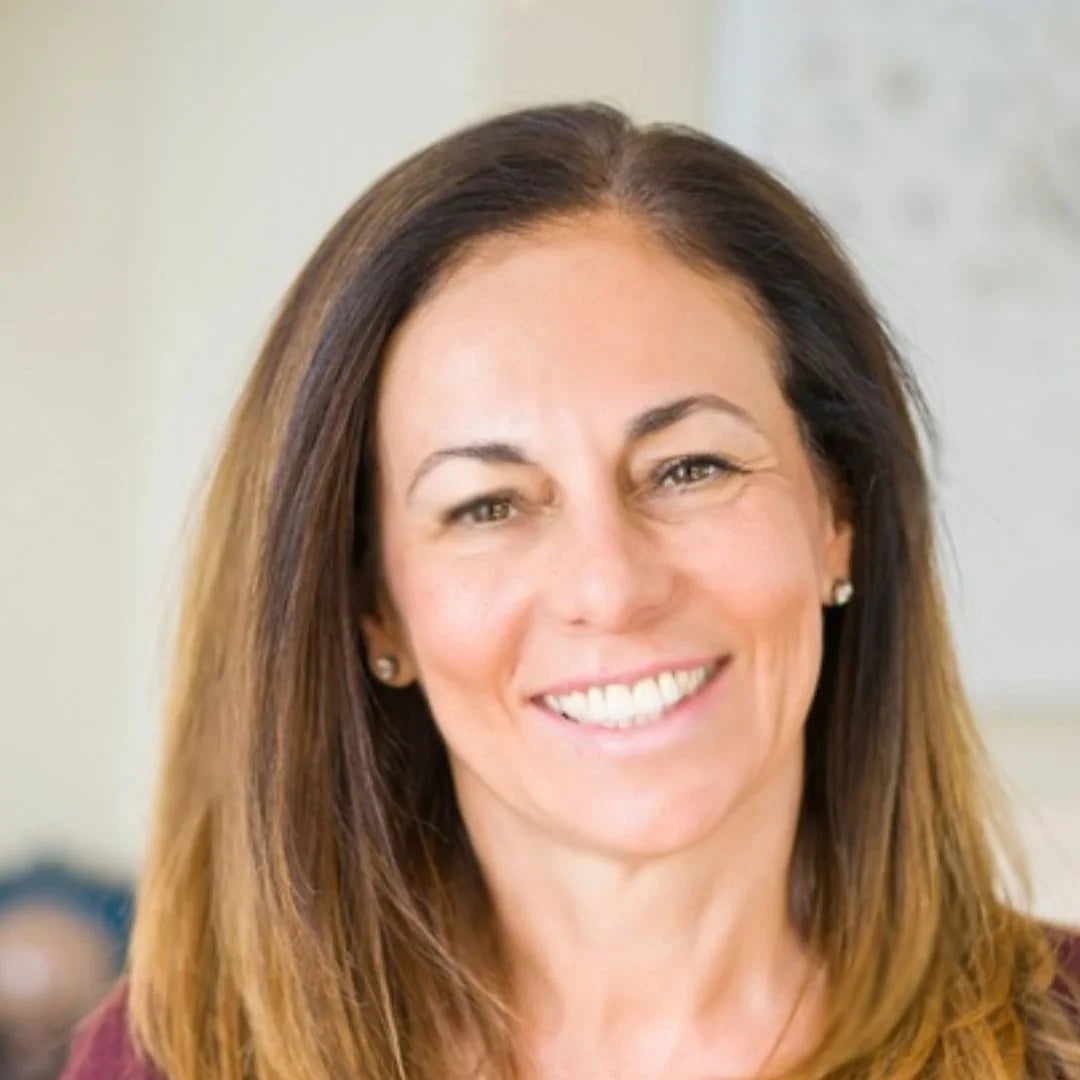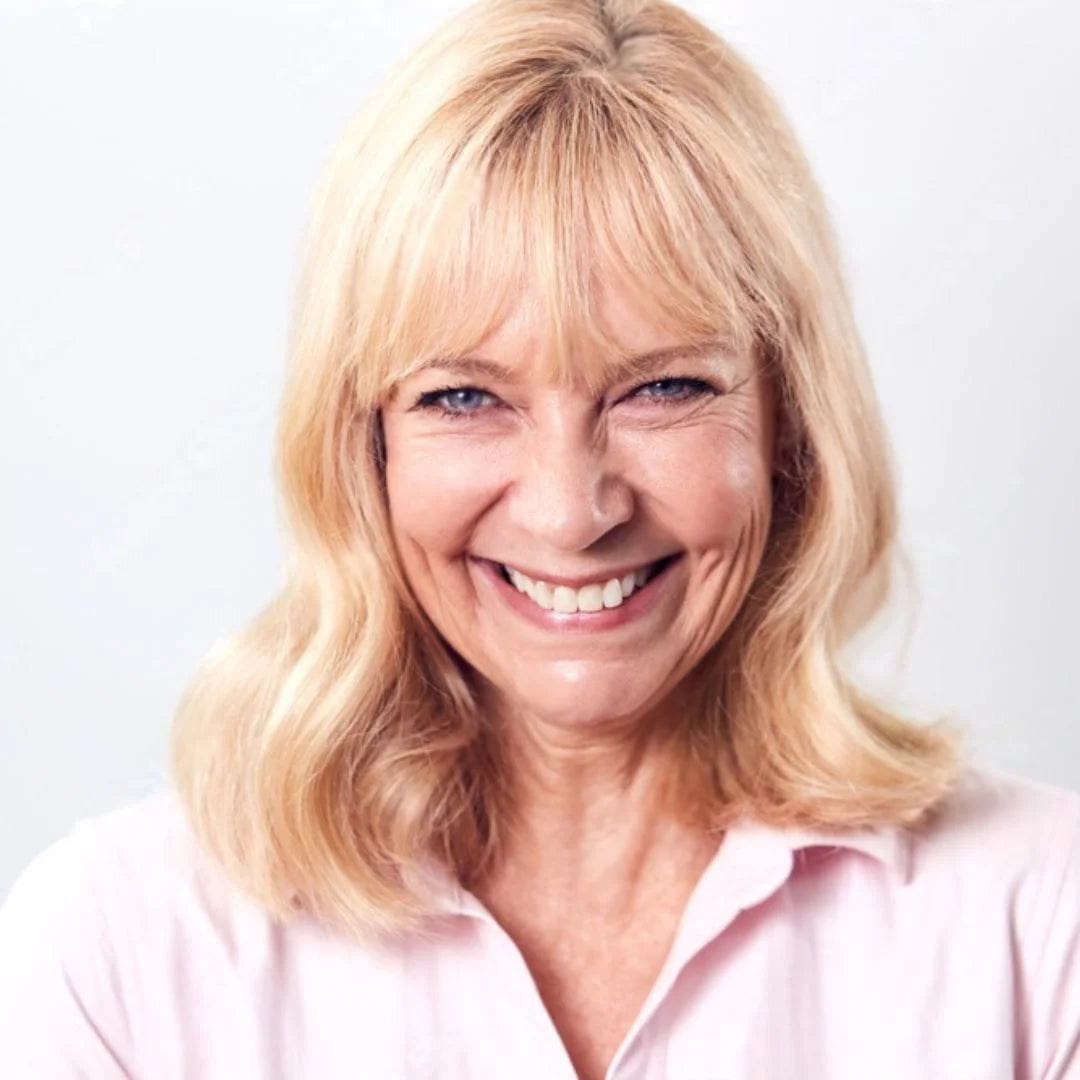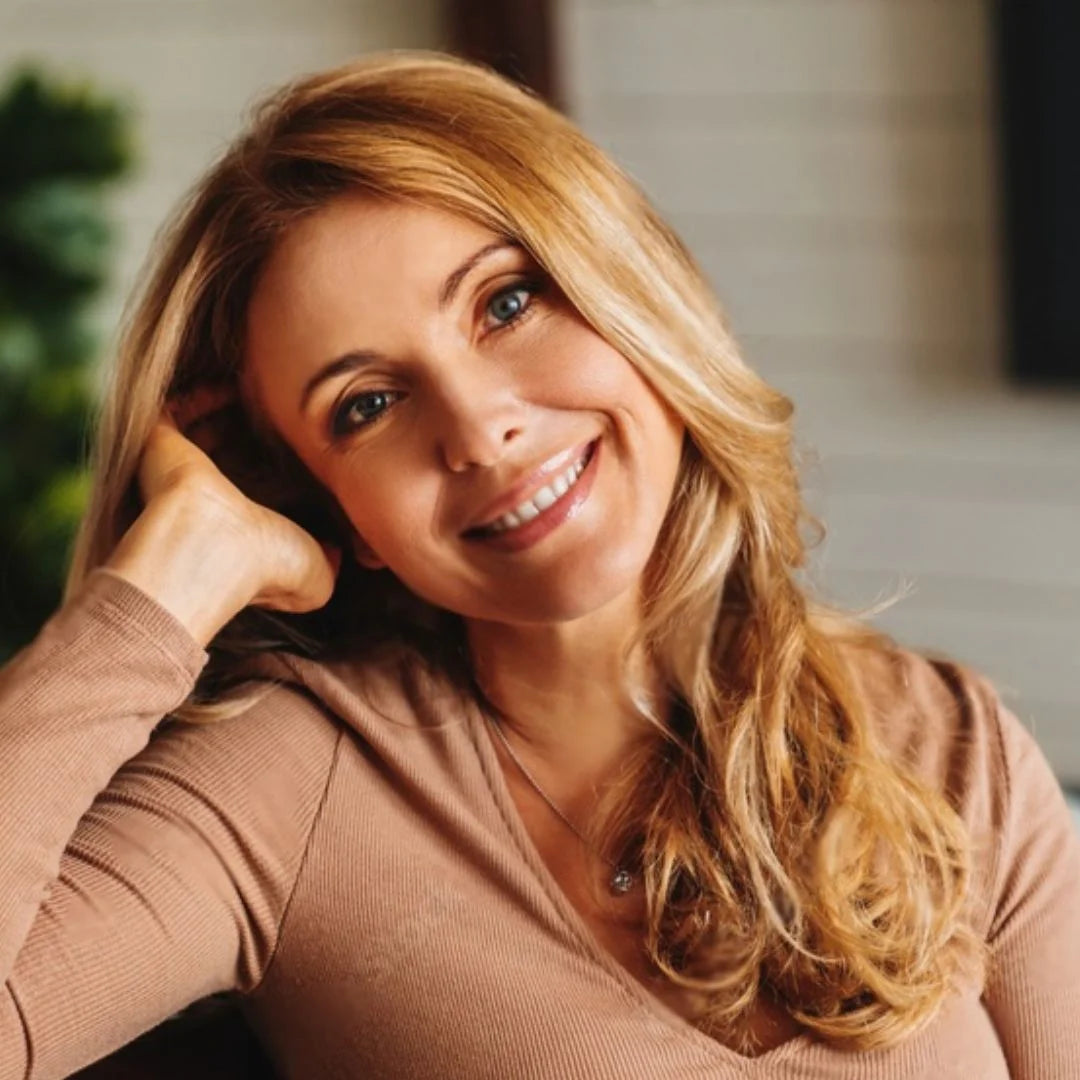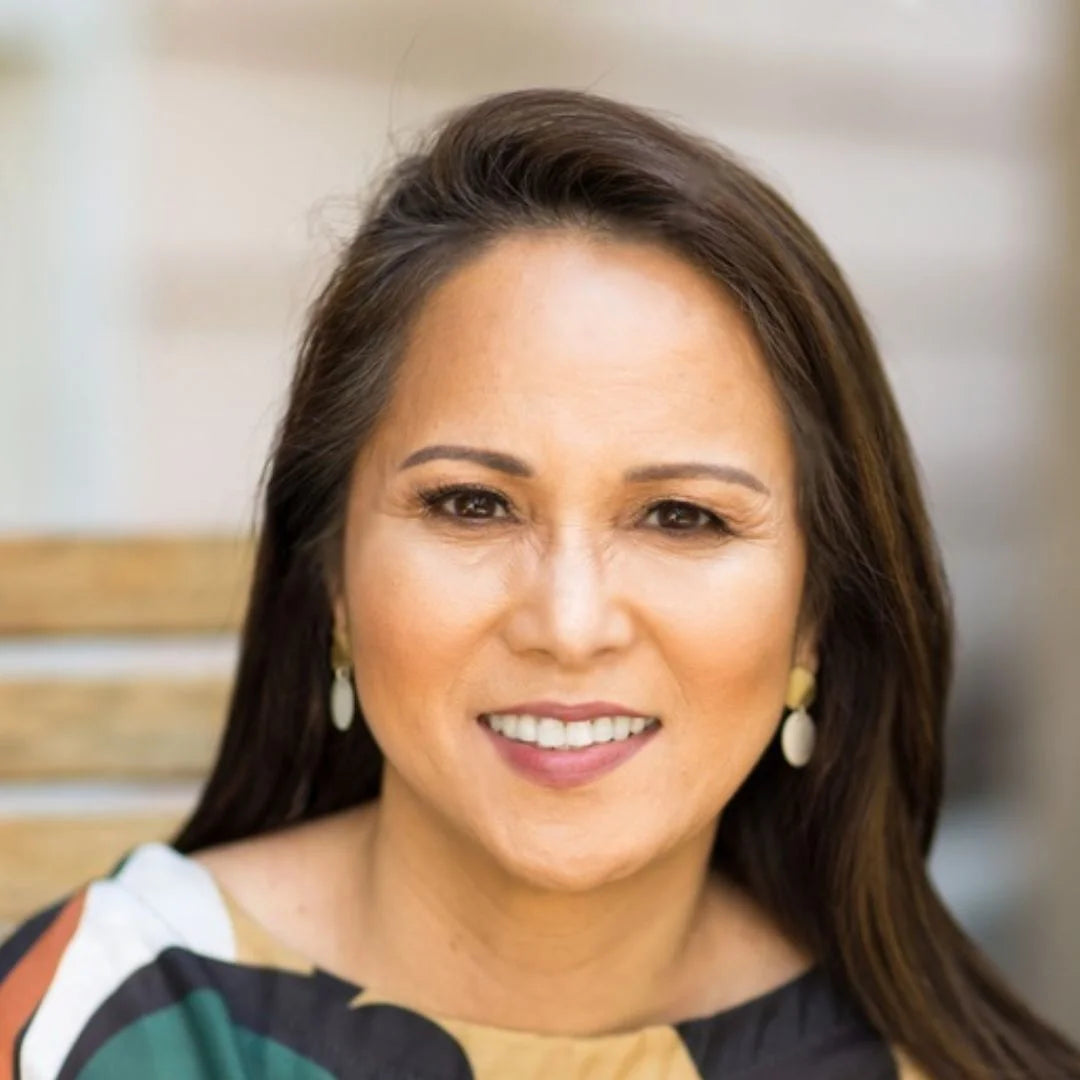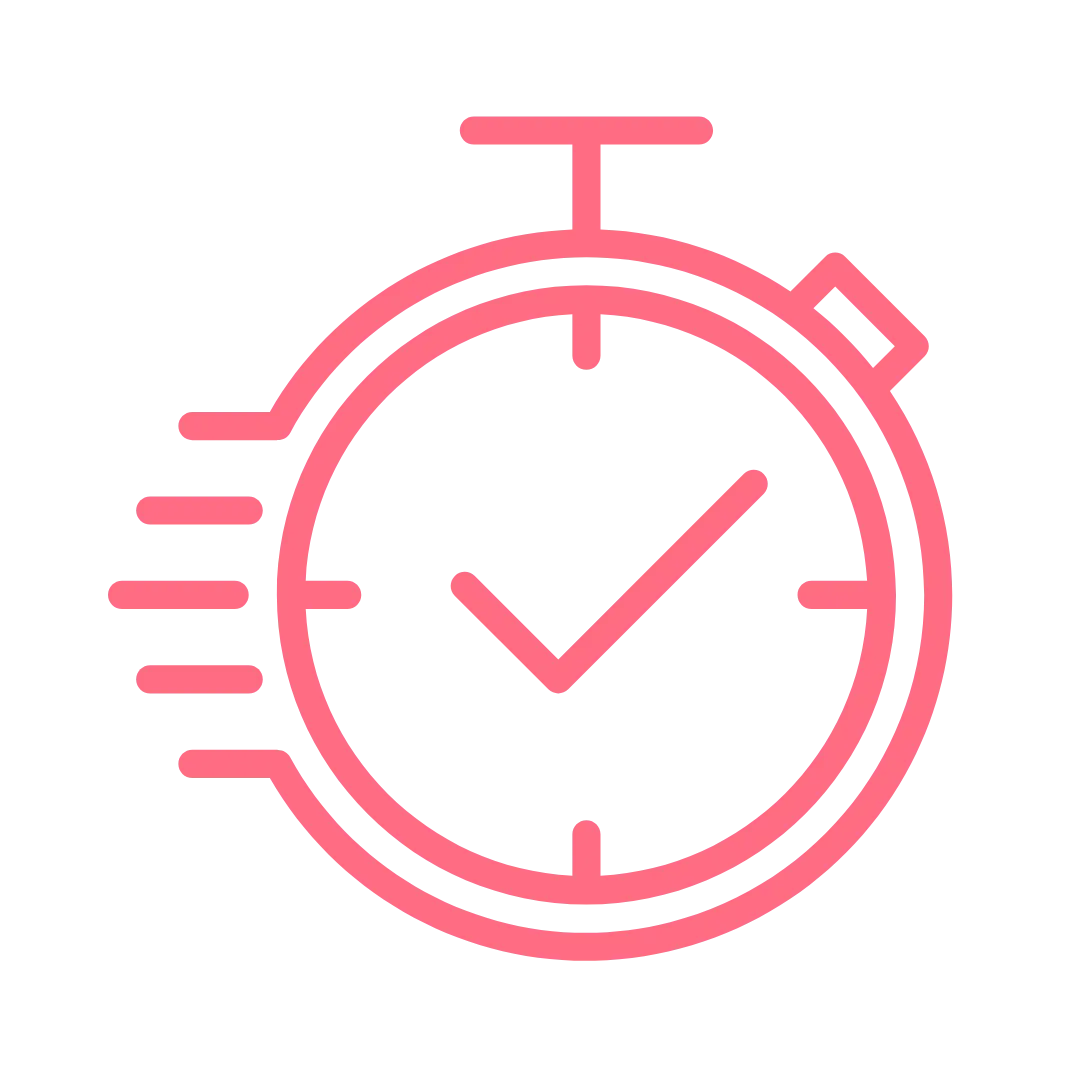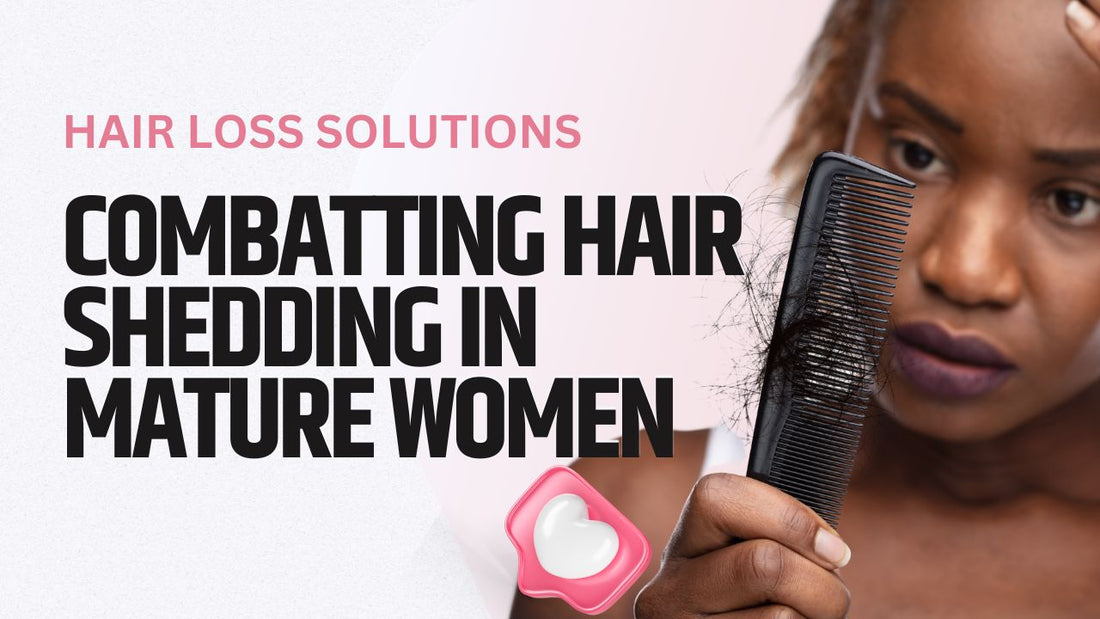
Combatting Hair Shedding in Mature Women
Share
Hair is often seen as a symbol of beauty and vitality, which is why hair shedding can be a distressing experience, particularly for mature women. Shedding is a normal part of the hair's lifecycle, yet when it becomes noticeable, it may signal a need for intervention. This article aims to guide mature women through the complexities of hair shedding, providing insights and solutions to manage this condition effectively.

Understanding Hair Shedding
Normal Hair Cycle
Each strand of hair on our head is at a different stage of the natural hair growth cycle, which includes the growth phase (Anagen), the transition phase (Catagen), and the resting phase (Telogen). The anagen phase can last several years and is when the hair grows; the catagen phase is a brief period of transition; and during the telogen phase, which lasts a few months, hair prepares to shed naturally. Understanding this cycle is essential because disruptions can lead to increased shedding or hair loss.

What Is Hair Shedding?
Hair shedding should not be confused with hair loss. Shedding is a part of the natural balance in the hair cycle, where it is normal to shed between 50 to 100 hairs a day as new hair grows in its place. However, when you begin to notice more hairs in your brush or on your pillow, it may be an abnormal rate of shedding, which requires further exploration.

Factors Contributing to Increased Hair Shedding in Mature Women
Several factors contribute to increased hair shedding in mature women. Hormonal changes, particularly during and after menopause, can significantly affect hair density and health. Nutritional deficiencies, such as a lack of iron, vitamins, or protein, can also lead to increased shedding. Moreover, stress plays a significant role in the health of your hair, as does the impact of environmental factors like UV exposure and pollution.

Medical Insights into Hair Shedding
Consulting a Professional
Recognizing when to seek professional advice is a critical step. If you're experiencing sudden or severe hair shedding, it's prudent to consult a healthcare provider to rule out any underlying conditions. During the consultation, you can expect a thorough examination of your hair and scalp, and possibly some diagnostic tests to pinpoint the cause of the hair shedding.

Common Medical Conditions Affecting Hair Health
Several medical conditions can impact hair health, including thyroid disorders, scalp infections, and autoimmune conditions such as alopecia areata. These conditions can either slow down hair growth or lead to patches of hair loss, and thus must be professionally managed.
Treatment Options for Underlying Conditions
The course of treatment for hair shedding will depend on the underlying cause. Medications to balance hormone levels or treat thyroid issues can be prescribed, while specific therapies, such as topical treatments, may address scalp conditions.

Holistic Approaches to Managing Hair Shedding
Diet and Nutrition
An integral part of maintaining healthy hair is a balanced diet rich in essential nutrients. Iron, zinc, vitamin D, omega-3 fatty acids, and protein support hair growth and can reduce shedding. Incorporating a variety of whole foods, like leafy greens, nuts, seeds, fish, and lean meats, can provide these vital nutrients.

Lifestyle Adjustments
Stress reduction is another critical factor. Practices such as meditation, yoga, and regular exercise not only reduce stress but also improve overall health, which can positively affect hair growth. Ensuring adequate sleep is also essential, as it allows the body to repair and regenerate – and this includes hair.

Natural Remedies
Natural remedies, such as herbal supplements, may support hair health. However, they should be used with caution and ideally under the guidance of a healthcare professional to avoid any adverse effects.
The initial part of this article has laid the foundation for understanding hair shedding in mature women. As we proceed, we will delve into the specific hair care techniques that can help manage this condition and explore the advancements in treatment options that offer hope and renewed confidence.

Effective Hair Care Techniques for Mature Women
Gentle Hair Handling
The physical manipulation of hair can have a significant impact on its health. Mature women should handle their hair gently, especially when wet, as it's more vulnerable to damage. This includes using a wide-toothed comb, avoiding excessive brushing, and steering clear of tight hairstyles that pull on the scalp and potentially weaken hair follicles.
Choosing the Right Hair Care Products
The market is flooded with hair care products, each promising miraculous results. However, mature women should look for products specifically designed for their hair type and concerns. Seek out shampoos, conditioners, and serums that are hydrating, free from harsh sulfates, and tailored to add volume and minimize breakage.

The Role of Regular Trimming
Regular trimming does not directly affect hair growth but it does help maintain hair health by removing split ends and preventing further breakage. A trim every 6-8 weeks is generally recommended to keep hair looking full and healthy.

Hair Supplements
While a balanced diet is the best way to receive the necessary nutrients, supplements can help fill in the gaps. Biotin, also known as vitamin B7, is often recommended for hair health, along with other B vitamins, vitamin E, and collagen supplements. Always consult with a healthcare provider before starting any supplement regimen.
Advancements in Hair Shedding Treatments
Medicated Solutions
There are medicated solutions available that may reduce hair shedding by stimulating hair growth or addressing scalp health. Minoxidil, for example, is an over-the-counter topical medication that can slow hair shedding and promote regrowth for some women. Prescription solutions are also available and can be discussed with a dermatologist.

Laser Therapy
Low-level laser therapy (LLLT) is a newer form of treatment that may encourage hair growth by using light therapy to stimulate cellular activity in the follicles. It's non-invasive and can be used in conjunction with other treatments.
Innovative Hair Transplant Techniques
Hair transplant surgery has evolved significantly. Techniques like follicular unit extraction (FUE) offer more natural-looking results with less downtime than previous methods. For those considering surgical options, it's vital to consult with a qualified hair transplant specialist to understand the potential outcomes and risks.

Proactive Rosemary Hair Booster Oil
Benefits of Rosemary Oil for Hair
Rosemary oil has been lauded for its potential benefits for hair health, including its ability to improve circulation to the scalp, which can promote hair growth and reduce shedding. It's also known for its anti-inflammatory properties and its ability to strengthen hair.
How to Use Proactive Rosemary Hair Booster Oil
Incorporating Proactive Rosemary Hair Booster Oil into your hair care routine is straightforward. It can be applied directly to the scalp before shampooing, used as a treatment by mixing it with a carrier oil for a scalp massage or added to your regular shampoo and conditioner for daily benefits.
Maintaining a Positive Outlook on Hair Health
As we age, our hair changes, but that doesn't mean we lose the ability to influence its health and vitality. By being proactive with the right treatments, gentle care, and the incorporation of natural remedies like Proactive Rosemary Hair Booster Oil, mature women can confidently manage hair shedding.
Lifestyle and Holistic Health Considerations
Balanced Nutrition for Hair Vitality
A nutrient-rich diet is foundational for maintaining healthy hair. Proteins, omega-3 fatty acids, iron, zinc, and vitamins A, C, and E are particularly important for hair strength and growth. Mature women should prioritize a balanced diet that includes a variety of nutrients. Foods like salmon, leafy greens, nuts, and seeds are not only beneficial for overall health but also for keeping hair lustrous and strong.

Managing Stress Levels
Chronic stress can take a toll on hair health, potentially leading to a condition known as telogen effluvium, which causes significant hair shedding. Effective stress management techniques, such as yoga, meditation, regular exercise, and adequate sleep, can mitigate these effects and promote a healthier, fuller head of hair.

Avoiding Harmful Hair Habits
It's crucial to avoid habits that can exacerbate hair shedding, such as over-styling, the excessive use of heat tools, and chemical treatments. Mature women should embrace their natural hair texture and limit any procedures that could lead to hair damage or loss.
Customizing Your Hair Care Routine
Each woman's hair is unique, and as such, hair care routines should be personalized. Factors to consider include hair texture, scalp condition, and any specific concerns such as dandruff or oiliness. Consulting with a hair care professional can provide tailored recommendations for a hair care routine that’s both effective and sustainable.

Encouraging Hair Health from Within
Alongside external hair care practices, promoting hair health from the inside is equally important. Staying hydrated, reducing alcohol consumption, quitting smoking, and ensuring proper sleep all contribute to a healthy hair growth cycle.
Nourishing the Scalp
A healthy scalp is the bedrock of healthy hair. Utilizing scalp treatments, like massages with essential oils such as the previously mentioned Proactive Rosemary Hair Booster Oil, can stimulate blood flow and nutrient delivery to hair follicles, encouraging stronger hair growth and reduced shedding.
Conclusion: Empowerment Through Hair Care Education
Understanding the multifaceted approach needed to combat hair shedding in mature women empowers them to make informed decisions about their hair health. By embracing gentle hair care practices, selecting the right products, considering advanced treatments when necessary, and adopting a holistic lifestyle, women can enhance their hair's natural beauty and strength even as they age.
Frequently Asked Questions
Can hair loss be completely stopped as we age?
While it's natural for hair to thin with age, the rate of hair shedding can often be managed with the right care and treatment strategies.
How often should I use Proactive Rosemary Hair Booster Oil?
The frequency can vary depending on individual needs, but starting with a few times a week is a common recommendation. It's best to follow the product's specific guidelines or consult with a hair care professional.
Are hair supplements safe for everyone?
Most are generally safe, but it's essential to discuss with a healthcare provider, especially if you have underlying health conditions or are on medication.
What's the best haircut for thinning hair in mature women?
Layered cuts can add volume and give the appearance of thicker hair. A professional stylist can recommend a cut that suits your hair type and face shape.
How can I tell if my hair shedding is normal or excessive?
It's normal to shed 50-100 hairs a day. If you notice bald patches or more significant hair loss, it's time to consult a professional.
By addressing these questions, women can feel reassured and knowledgeable about the steps they can take to maintain hair health and appearance as they move through life's stages.







